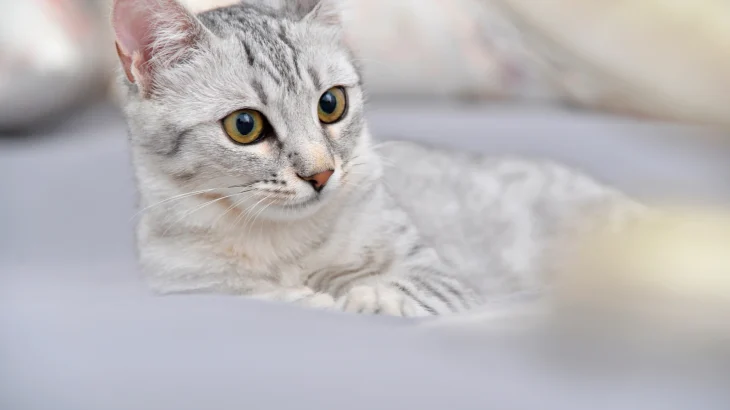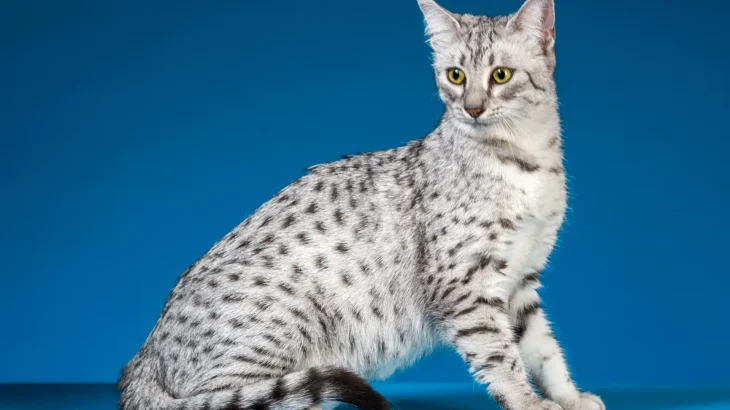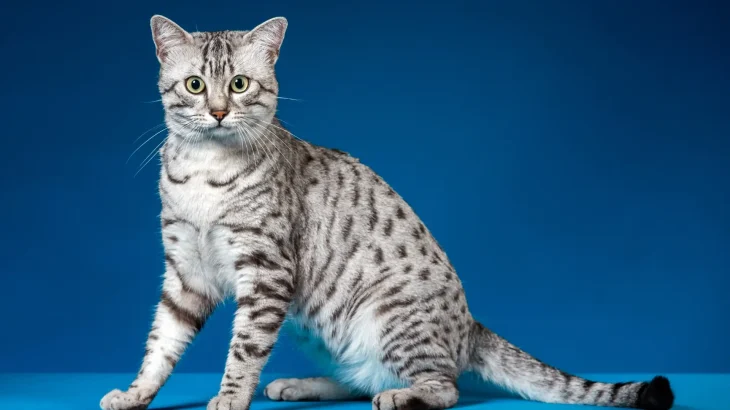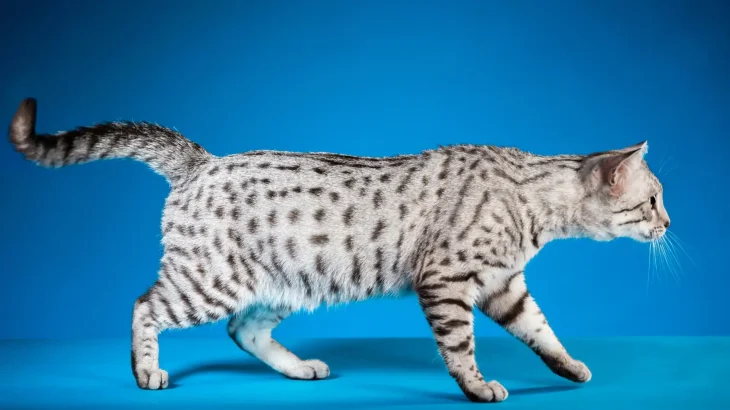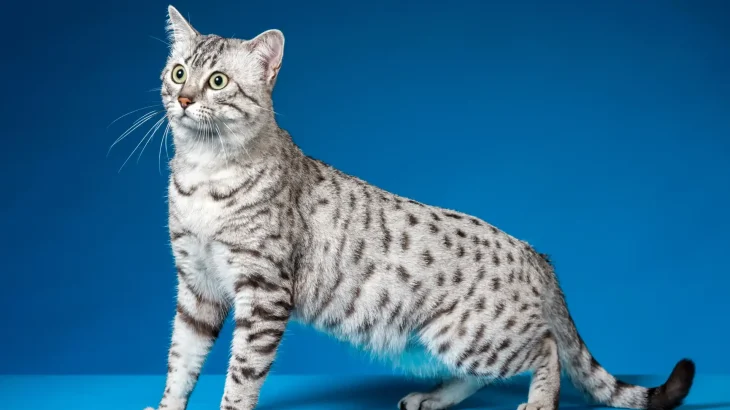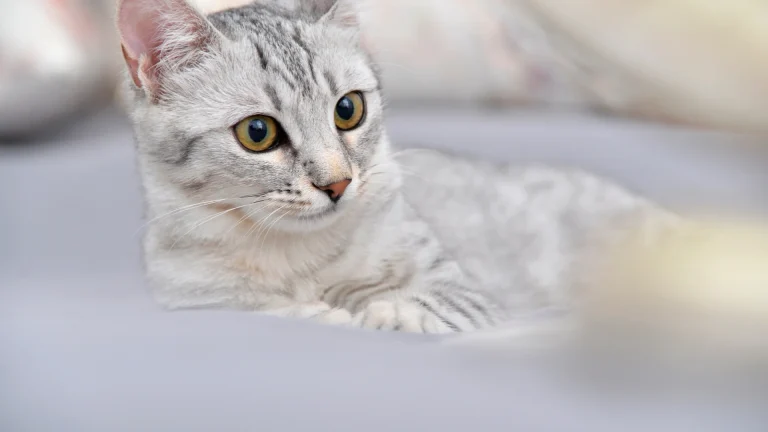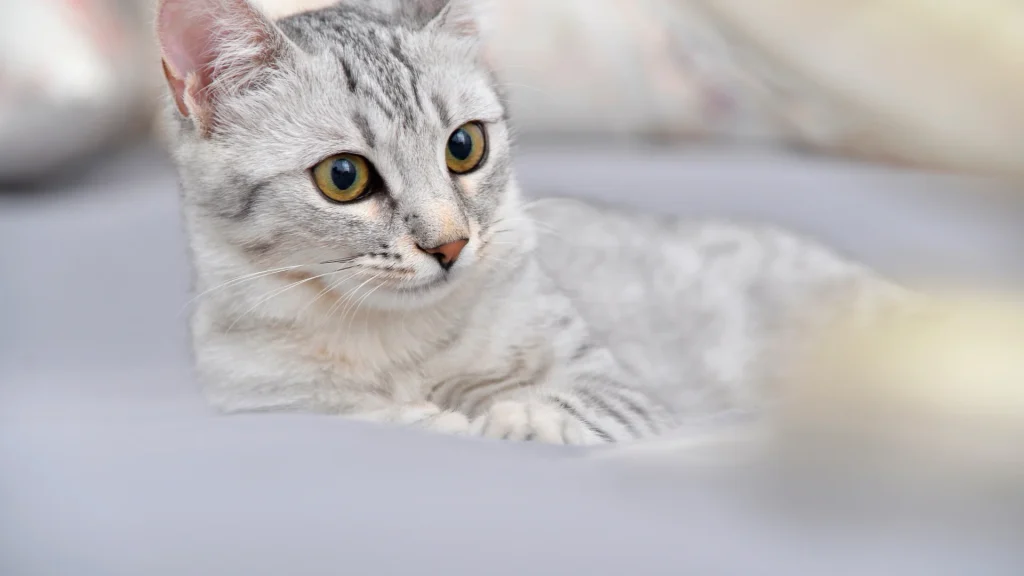Choosing between adopting an Egyptian Mau kitten and purchasing one from a breeder depends on your priorities regarding cost, health assurance, and ethics. Buying from a breeder usually provides more info on the cat's health and pedigree, while adoption offers a chance to give a home to a cat in need, often at a lower cost.
Here's a quick comparison:
| Criteria | Buying from Breeder | Adopting from Shelter/Rescue |
|---|---|---|
| Cost | Higher upfront cost due to breed purity and pedigree documents. | Lower fees, often including vaccinations and spay/neuter. |
| Health History | Detailed records and genetic testing usually provided. | Health history may be limited, basic screenings performed. |
| Age Availability | Mostly kittens, allowing early bonding and training. | Various ages, including adults and seniors. |
| Temperament Insight | Breeders share lineage traits and early socialization. | Shelter staff provide observed behavior reports, background less known. |
| Supporting Practices | Supports responsible breeding if breeder is ethical. | Supports animal welfare by rehoming cats in need. |
| Ethical Considerations | Requires careful breeder choice to avoid unethical practices. | Promotes rescue and lowers breeding demand. |

